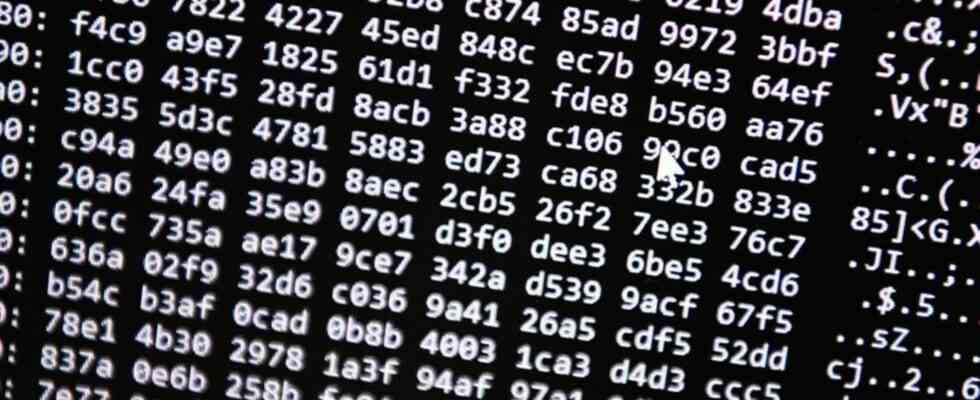Internet
BSI: The threat of cyber attacks in Germany is increasing
According to the BSI, the operators of wind turbines in Germany were also affected by the cyber attack against the Viasat satellite service KA-SAT used by the Ukrainian military (symbolic photo). Photo: Nicolas Armer/dpa
© dpa-infocom GmbH
The security authorities currently see no acute threat to information security in Germany in connection with the situation in Ukraine. But the threat situation is intensifying – and not just in the abstract.
The threat of cyber attacks in Germany has further intensified after Russia attacked Ukraine.
As early as last autumn, a “red alert” had to be declared in parts, said the President of the Federal Office for Information Security (BSI), Arne Schönbohm, at the “Potsdam Conference on National Cyber Security”. After Russia invaded Ukraine, the situation continued to deteriorate, even if no centrally controlled campaign has been identified so far.
Abstract threat – concrete attacks
On the one hand, there is an increased abstract threat, said the BSI boss at the conference of the Hasso Plattner Institute (HPI). But there were also concrete attacks. An attack on the German subsidiary of the Russian oil company Rosneft almost led to a massive disruption in mineral oil distribution, especially in the greater Berlin and Brandenburg area. “That was just averted because we managed to get Rosneft Germany’s IT systems up and running again at short notice.” In his lecture, Schönbohm blamed “hacktivists” from the Anonymous collective for the attack. Rosneft Germany was targeted by the attackers as a supposedly Russian target, even though the company is part of the critical infrastructure in Germany.
Russia’s attack on Ukraine also harbors the risk of collateral damage. In the cyber attack against the Viasat satellite service KA-SAT used by the Ukrainian military, the operators of wind turbines in Germany were also affected because the remote maintenance of the wind turbines was also carried out via KA-SAT.
Increasing number of crimes in cyberspace
The President of the Federal Criminal Police Office (BKA), Holger Münch, referred to the rapidly increasing number of crimes being committed in cyberspace. While crimes such as theft or violent crimes are declining, the number of recorded cyber crimes has more than doubled since 2015. Crimes on the Internet are now offered as a service (“Crime-as-a-Service”). The BKA recorded a constant professionalization of the perpetrators. As a result, increasingly complex cyber attacks are possible.
In order to break this trend, prosecutors would also have to develop, demanded Münch. For example, the BKA provides the police in the federal states and municipalities with financially and technically sophisticated solutions for fighting crime. This should also ensure that local police stations are able to efficiently process reports of crimes online, for example.

